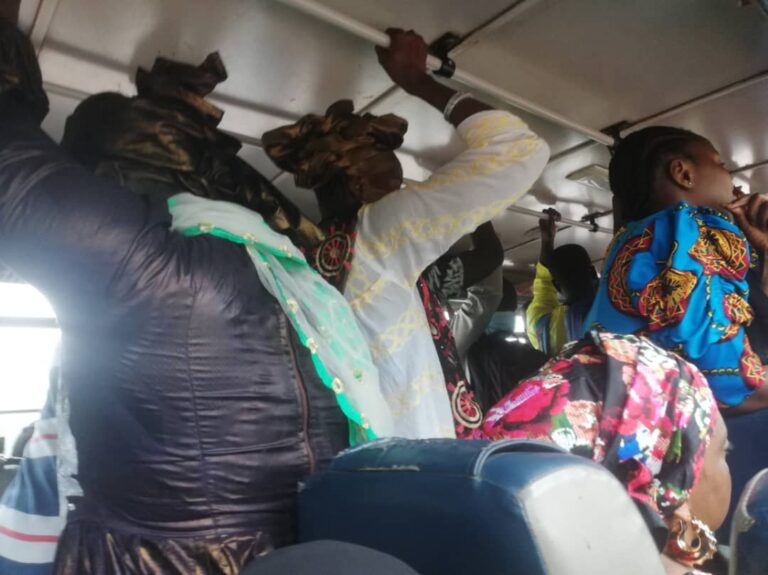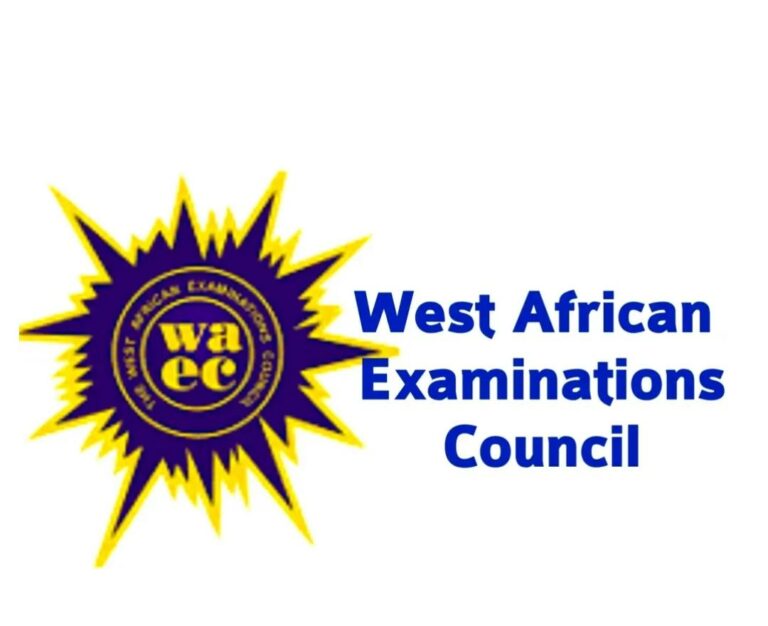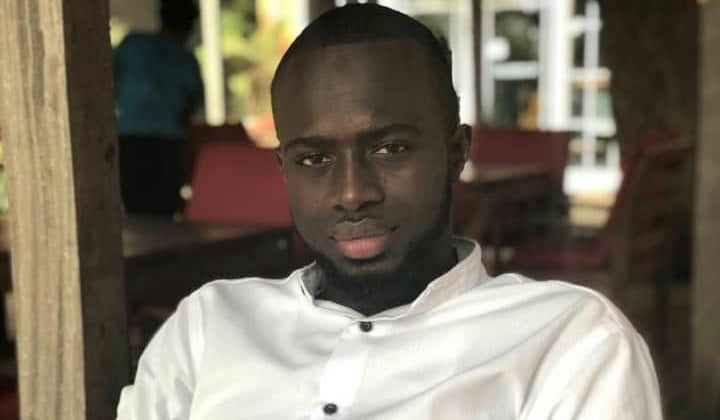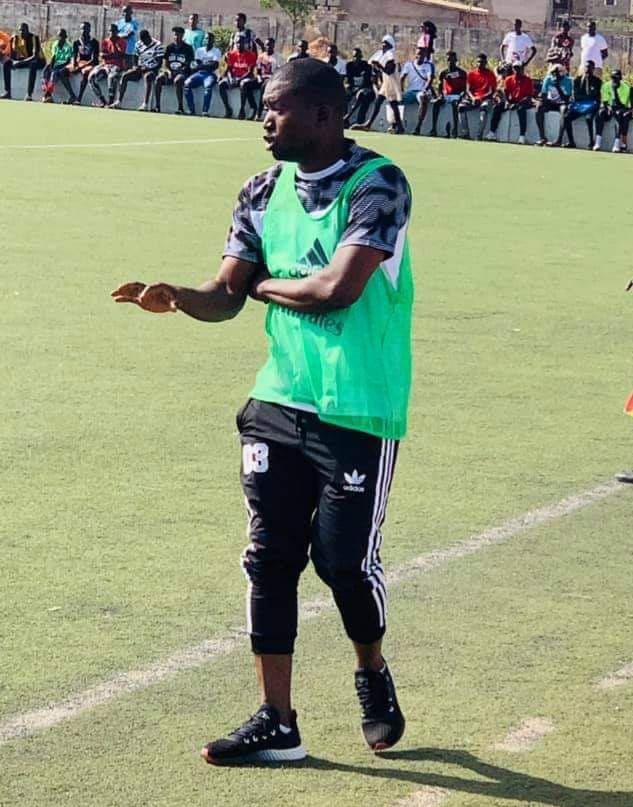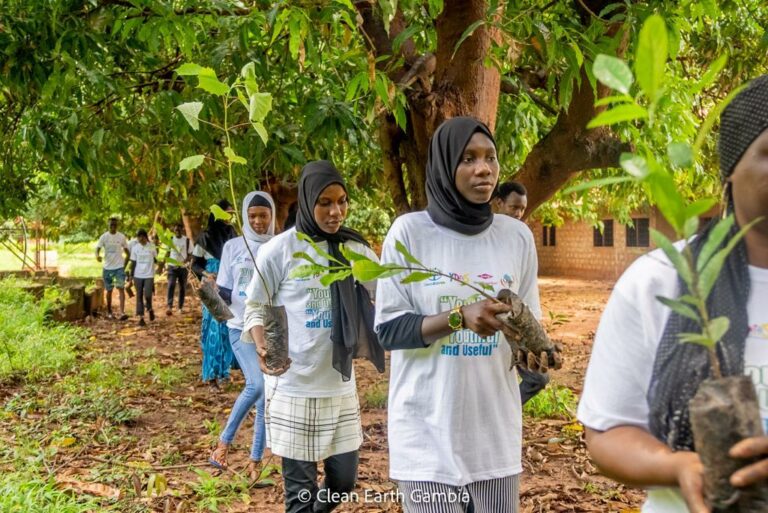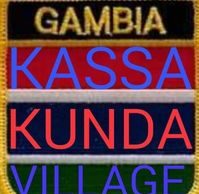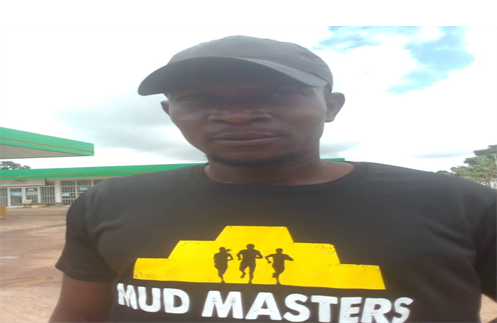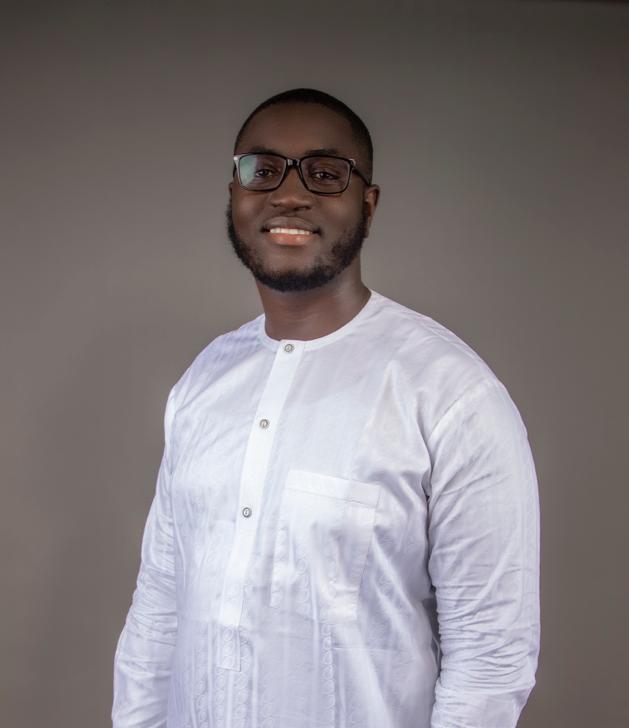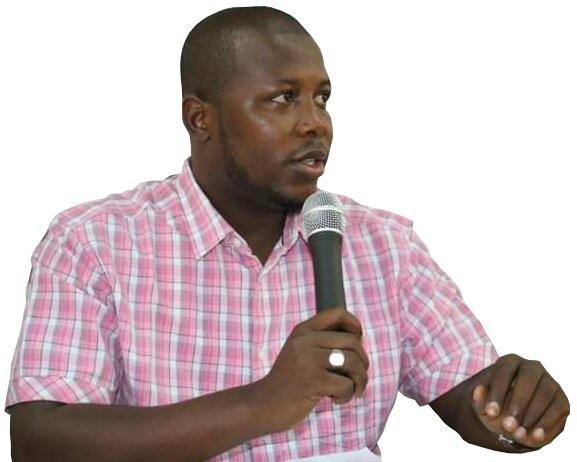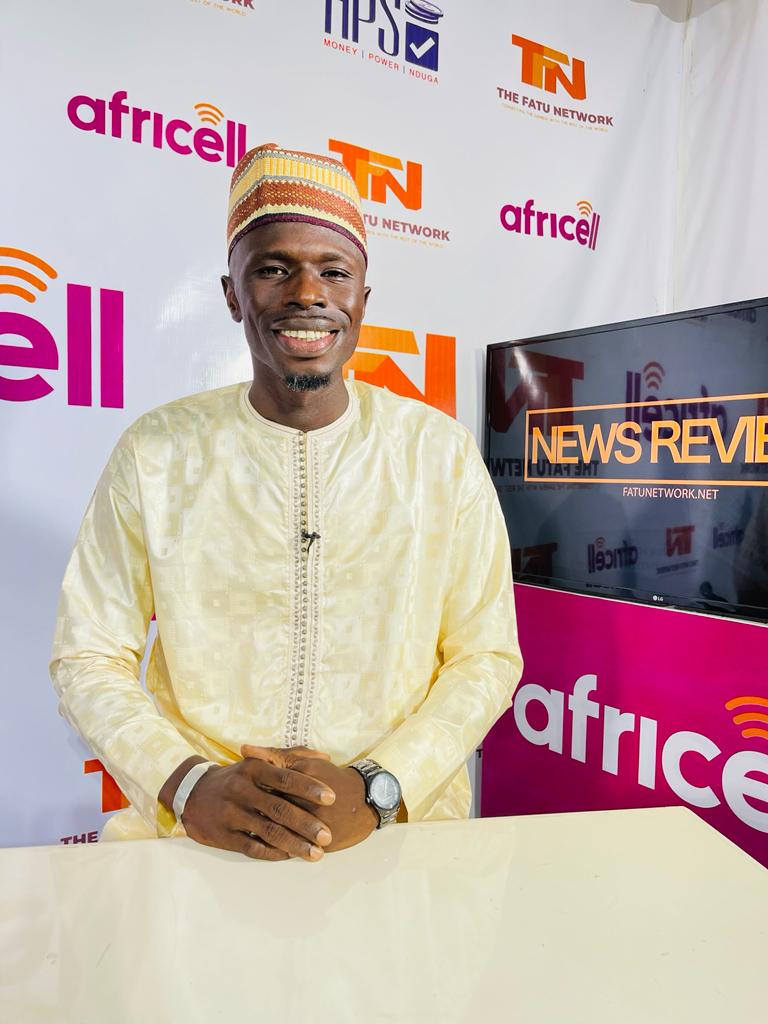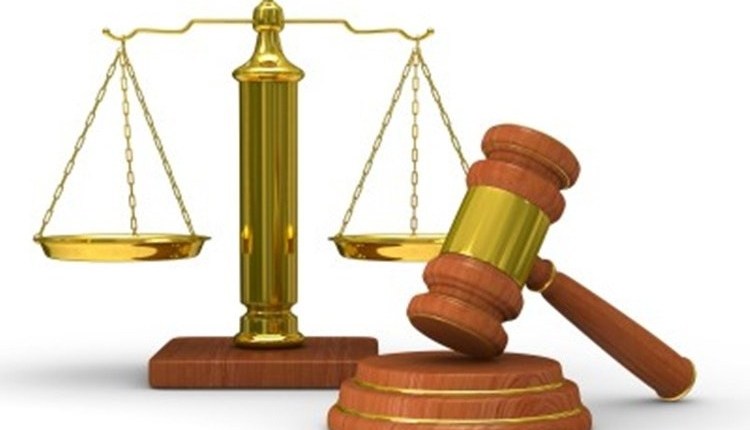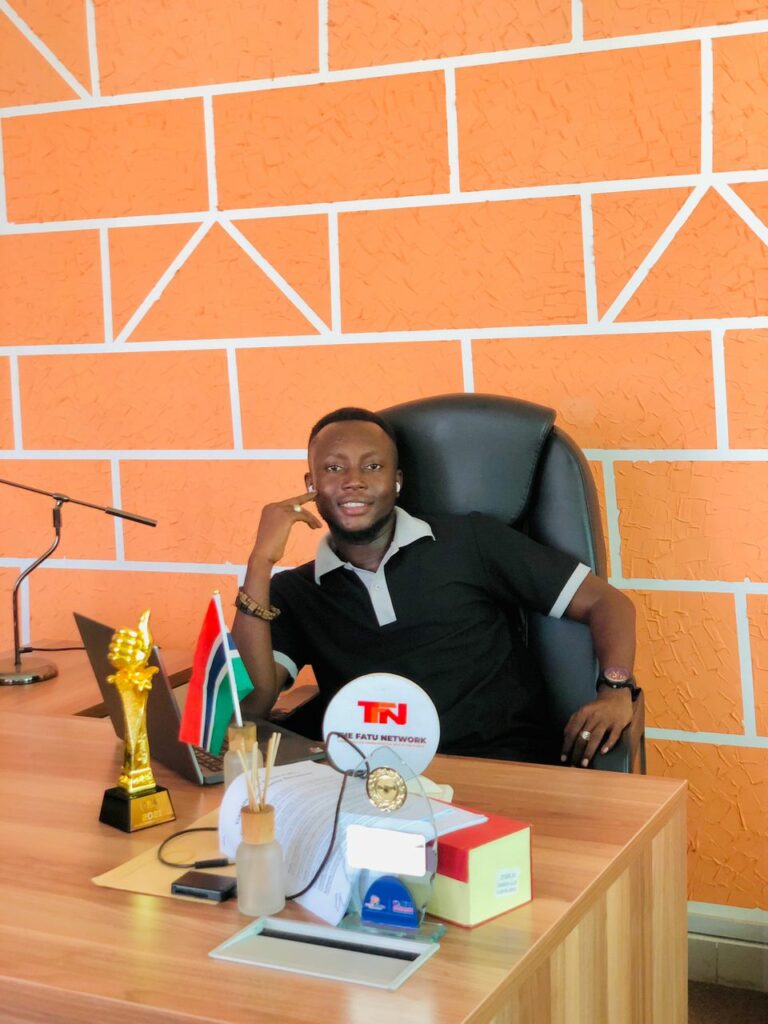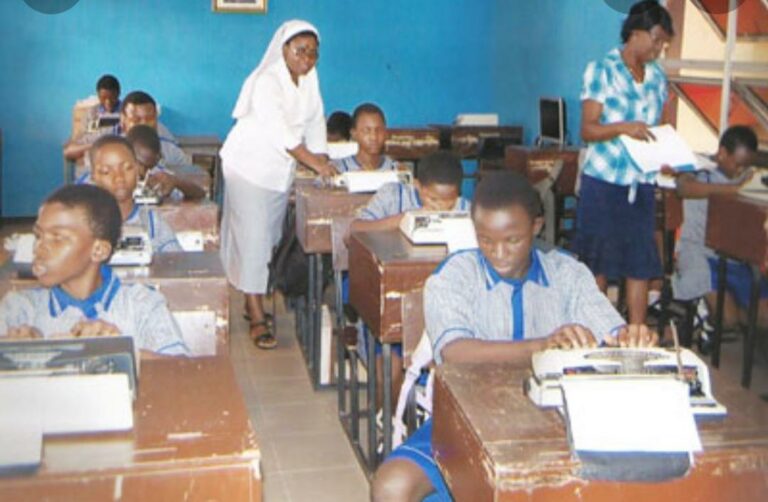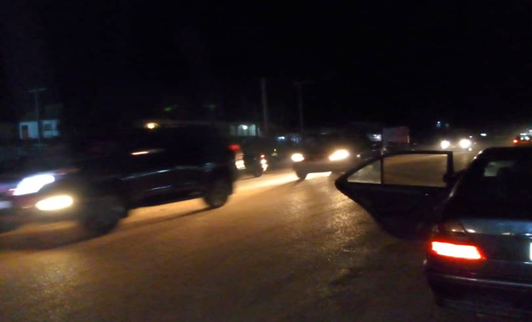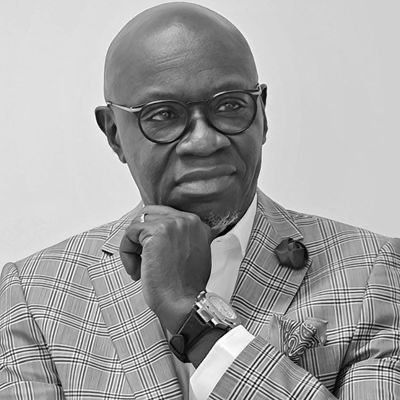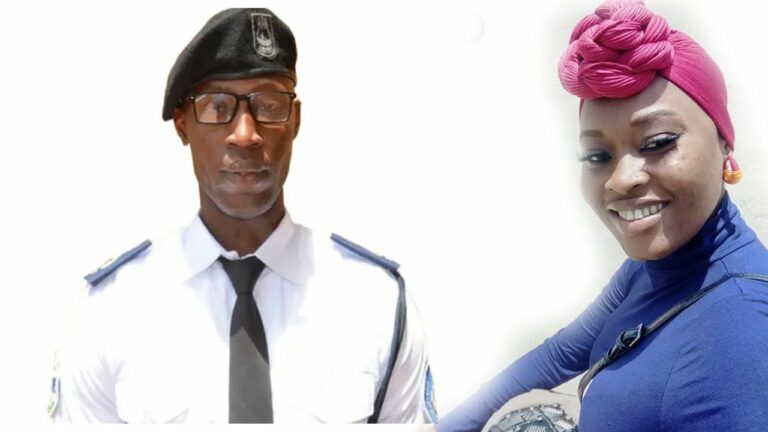By: Muhammed Lamin Drammeh
One day, Uncle Musa closed from work very early and was eager to break the news he affectionately called “charming” to his proud niece, Siboo. The news was about the release of the West African Senior School Certificate Examination (WASSCE) results. There was excitement on his face as he sanguinely anticipated a brilliant result from his niece.
Contrary to Uncle Musa’s excitement, the charming news was not charming to Siboo. Her mood changed immediately. To Uncle Musa, it was time to shame their neighbours and rebut back critics. “By Monday, they’ll understand that Siboo is not who they think she was. They will know that she deserves all those awards she received on graduation day which will always be no match to their backward children,” Uncle Musa proudly uttered with optimism.
Such was the presumption of Uncle Musa whose joy was rallying rather too uncontrollably. Siboo won three awards on her graduation day which left their neighbour’s tongues wagging. Within the school, there was a strong rumour that she didn’t deserve any of those awards. To them, Siboo’s awards were because of her relationship with some teachers in the school. Interestingly, this raised heaps of debates within the neighbourhood. Her internal examination results were always awesome in those three subjects. She always scores distinction in them and was always top of her class to the amazement of many. To Uncle Musa, the talks going on are baseless, and they are coming from a place of jealousy and hatred.
It was on this particular Thursday that the news was broken to her. From that moment, she developed into a new breed. Despite her uncle speaking in a supercilious accent towards their neighbours, Siboo stationed herself in her room without any idea of what lies ahead.
Expectations were high on her as a result of her “performance” in the internal examinations. In her room, she was like a fish out of water. She glued her hands to her head and opened her eyes on the surface. “What would happen on Monday?” She would say this to herself in
her room. Despite her uncle’s high hope and supercilious behaviour, Siboo knew that her result would not correspond the expectations on her.
Monday won’t be like other Fridays at school when Mr Dem, Bax and Barry would give her A1. Whilst doing that introspection in her room, outside was the reverse. Uncle Musa started to calculate things that will be bought for Siboo. Indeed, he was like a dog with two tails while Siboo was kaleidoscopically turning her head like a fish out of water.
In the neighbourhood, there was a battle for supremacy. Their immediate neighbour’s daughter, Aisha, was also expecting her result. It was a contest of who would come out with the best result between these two girls. The supercilious voice of Uncle Musa was everywhere. He would proudly boast that his niece did what none of their neighbours’ children had ever done in the internal examinations, and she will do more than what she did during her internal examination.
Aisha, Siboo’s classmate, is a cool girl with a fine demeanour. They were in the same class but their relationship was not as close as it was supposed to be due to the fierce competition that their parents have developed.
Days were going so fast for Siboo. Less than 24hrs before she collects her result, she remained stationed in her room, arguing with her mind. “At least, I will have four credits… or, no, maybe… five, or six … but Maths…” This was what she was constantly doing on Sunday evening. Despite being so pessimistic, she was so intelligent to hide that from Uncle Musa.
Uncle Musa failed to observe Siboo’s behaviour and read between the lines. For him, Monday will be a day to celebrate Siboo’s indivisible academic hegemony in a divided and competitive society.
At about 5 PM on Sunday, he drove to the market and bought stuff to celebrate the looming achievements of Siboo.
If Uncle Musa could read Siboo’s composure between the lines and drop his ego, he wouldn’t have wasted his money on the celebration.
Siboo’s hands were under her cheek pondering and knowing that failing or scoring a result below the expectations of Uncle Musa, would be calamitous.
“If I had known, I wouldn’t have dated my teachers. I was fooled. Look, none of them calls me these days. Should in case things went on the other way, what am I going to do or say? Is it possible to forge the result? No, this is not an internal examination,” she murmured to herself with a lack of self-confidence. At this point, she was crying in her mind. At some point, to tell Uncle Musa that she won’t make it as expected but telling him would also be a bombshell after all the noise in the vicinity.
Well, on Monday morning, Siboo woke up very early. Uncle Musa, before going to work, told her that he would be closing early for the celebration to shame their neighbours because their daughter will fail all her subjects. He proudly handed Siboo a two hundred Dalasi note to go and collect her result.
Aisha, their immediate neighbour’s daughter, went to school as early as 8:30 a.m. As a tradition, good students’ go first to collect their results and are followed by underperforming students because they will not want to be asked.
As usual, Siboo put on her swanky clothes and majestically walked to the school. A lot of things on her mind… knowing that she might be called, she switched off her mobile phone. In the school, good students were going in and out with smiles. For Siboo, she stationed herself outside like a divorced woman with seven children to take care of.
There was no Mr Dem, Bax and co. While standing outside, Aisha’s name was heard. She got nine credits. Incredible was her result. A lot of good remarks were showered on her by classmates and some teaching staff.
With that result, she rushed home and left Siboo wallowing in her thoughts. Even before going into the IT lab to collect hers, she started dropping tears.
At home, Aisha’s result was aired over the media and her parents were very happy.
Siboo was not visible in society. After hearing Aisha’s brilliant performance, all eyes and ears were waiting for Siboo’s result while tongues continued to wag.
By 2 p.m., when Uncle Musa closed from work, before asking for Siboo, Buba, his 5-year-old boy told him that Aisha came out with 4A’s 3 B’s and 2C’s. Nonplussed. “How about Siboo?”, he asked, and his son told him that siboo wasn’t around yet. It was at that time that he called Siboo and a friend received his call. “Siboo, where are you? How is your result?” He impatiently quizzed. An unfamiliar voice responded. “Sorry, it is not Siboo. I am her friend. Siboo is actually in the IT lap to collect her result”. Then Uncle Musa took a deep breath, hung up the call and hiked to his room.
Moments later, Siboo came out from the IT lap walking unhurriedly with her eyes on the floor to avoid eye contact. Uncle Musa will be disappointed. Siboo couldn’t even get 50+ Mark. She has three passes: D7 in PE, E8 in Islamic Studies and E8 in History. The rest of the subjects were line-ups of F9s.
She knew that Uncle Musa would not take it lightly. If Siboo should go home with that result, the situation would have been a tragicomedy, a type of play that begins in happiness and ends in sadness. Siboo would have been the tragic heroine.
However, knowing the gravity of what awaits her at home and disappointment, she decided to switch off her phone and go to Mandinaba, her father’s house. There, she will escape the humiliation and jeers in the society that await her and her uncle.
Uncle Musa, who couldn’t endure the gratifying words raining on Aisha for producing a terrific result, called Siboo several times but could not reach her. It was at this time that he drove to the school. An arrogant type, Uncle Musa rushed to the office of the school’s Vice Principal to inquire about his niece. The soft-spoken VP checked out the copies of results he was having and eventually laid his hand on Siboo’s result. Without uttering anything, he handed over the paper to Uncle Musa. Musa stood there motionless for over a minute. “No, this can’t be real. Siboo cannot have this”, he murmured disappointedly and shook his head in disagreement.
While leaving the school, he overheard two female students talking about Siboo’s result.
“I told you that girl will not hide who she is. Her friend told me everything. Siboo is dating Mr Dem. That is why she used to score good grades in PHE and she never goes to college for studies. Anytime she leaves home for studies, she would go to Mr Dem’s house. Now, you will
agree with me that Siboo didn’t deserve all those awards and those teachers are nothing but a bad and selfish bunch of teachers who are only bent on satisfying their sexual lust to the detriment of this girl. Siboo was not this bad in our grade 10,” the gossiping student expressed.
“Excuse me,” Uncle Musa uttered behind these students. “Do you mean Siboo Jankey Njie?” He asked. The student responded in the affirmative.
This reply broke Uncle Musa’s heart. “Do you know where she is right now?” He asked, but the reply was negative.
He was stupefied and ashamed after all the cacophony regarding the results. Like wildfire, news of Siboo’s awful result painted the vicinity. The rumours were correct. She didn’t deserve those awards. Uncle Musa had no choice but to take the bullet of his supercilious behaviour and shamefully became tight-lipped while Siboo vowed never to go back to the house.
Siboo could not withstand the pain. Information was everywhere in society. Mister Dem, however, left the country and went for his master’s programme in the United States.
End!
About the Author: ML Drammeh is a journalist working for The Fatu Network and a final year student at the University of The Gambia.
Editing by: Hadram Hydara

